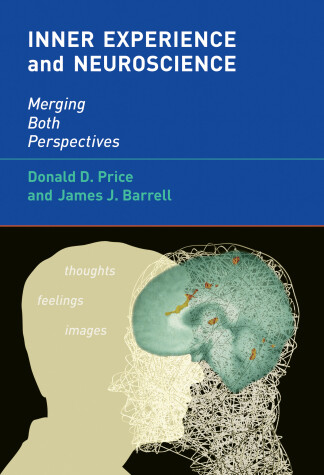A Bradford Book
1 total work
The study of consciousness has advanced rapidly over the last two decades. And yet there is no clear path to creating models for a direct science of human experience or for integrating its insights with those of neuroscience, psychology, and philosophy. In Inner Experience and Neuroscience, Donald Price and James Barrell show how a science of human experience can be developed through a strategy that integrates experiential paradigms with methods from the natural sciences. They argue that the accuracy and results of both psychology and neuroscience would benefit from an experiential perspective and methods.
Price and Barrell describe phenomenologically based methods for scientific research on human experience, as well as their philosophical underpinnings, and relate these to empirical results associated with such phenomena as pain and suffering, emotions, and volition. They argue that the methods of psychophysics are critical for integrating experiential and natural sciences, describe how qualitative and quantitative methods can be merged, and then apply this approach to the phenomena of pain, placebo responses, and background states of consciousness. In the course of their argument, they draw on empirical results that include qualitative studies, quantitative studies, and neuroimaging studies. Finally, they propose that the integration of experiential and natural science can extend efforts to understand such difficult issues as free will and complex negative emotions including jealousy and greed.
